We’ve talked a lot about storytelling in marketing, and particularly why it’s such an important thing to get right. Whether you’re an independent brand or a multinational one, telling your audience a story is the perfect way to engage them in your brand and your message, and ensure you are the one their mind goes to when they need your products.
But we also know that it can be difficult to visualise what storytelling in marketing looks like if you’ve never done it before. So today, we’ve rounded up some of the best examples of story-driven marketing we can find—and because we specialise in beauty and food and drink, that’s what we’ve brought you!
Burt’s Bees
When it comes to natural beauty products, Burt’s Bees is a familiar name in the industry. But the beauty of Burt’s brand isn’t just in its amazing products, but in the way it uses storytelling to help customers buy into their philosophies—that we should treat our skin, and the world we live in, with care. Over the years they’ve woven stories about their brand into the fabric of their marketing and seeded a message along with it. Their website is full of stories, all of which paint a picture of an eco-conscious business on a mission to save the world. But where they shine is on social media, where they use videos to educate customers about their business, and about the creatures who make it possible—the bees. One of our favourites is ‘Burt talks to the bees: Worker Bees’, which uses actors dressed as bees to tell a truly charming story that educates, entertains and promotes the brand at the same time. And in 2016, the company launched a campaign called ‘Bring Back the Bees’ to raise awareness of the worldwide decline in bee populations. For everyone who posted a selfie using the hashtag #selflessselfie, Burt’s Bees donated 5,000 wildflowers. The campaign was hugely successful thanks to stories like the one above (and many more), and in the end, they cultivated over 10,000 acres of honey bee forage. And that’s just one campaign! Storytelling really does have the power to transform.
Coca-Cola
Of course, storytelling doesn’t just have to be written marketing and video adverts. Even more compelling than a story is a story you can actually interact with, which is exactly what Coca-Cola did in 2019 with their augmented reality (AR) ad campaign. In this campaign, customers could point their phone’s camera at the side of a can of Coke, and they would see a story come to life. There were 12 AR stories available, each one chosen at random depending on the can you bought. Each story followed a full narrative arc, with small conflicts, actions and resolutions. Customers could watch some kids getting their beach ball deflated by a beach umbrella, a rival pair of football fans playing a friendly game of football (with a ball that flew out of the coke can), a young couple watching a scary movie and dropping their popcorn, and more. The campaign hooked viewers in because it was new and different, and they could really engage in the stories they were seeing play out, with a can of coke as a backdrop or a prop. It was the perfect implementation of AR for storytelling, and gave Coca-Cola the perfect opportunity to flex its storytelling skills in emerging markets.
Dove
We couldn’t really do this list without talking about Dove. The purity-led beauty and skincare brand has spent the last few years crafting campaigns around telling stories, connecting people with other people, and breaking down a lot of the barriers the beauty industry has created around unrealistic standards and the fight against the ‘natural’ look. One of their most memorable campaigns ran in 2013, and was called Beauty Sketches. A group of women met with a sketch artist, who asked them to describe themselves from behind a curtain. He never saw the people describing themselves, and we, the audience members, were shown the questions throughout. And then the women met each other, and went back to the sketch artist to describe one of the other women they had met. It was a truly powerful piece of storytelling because it showcased how differently we see ourselves versus other people in a really authentic way. It was incredibly relatable, and the whole campaign tapped into that feeling of being insecure in your own skin. By aiming to boost the self-esteem of their customers with real-life stories, Dove managed to secure a huge and very loyal fanbase. Because they were so relatable to their target market, the campaign was watched over 163 million times across the globe, was the most shared video ad in 2013, winning multiple awards in the process.
Heineken
You wouldn’t think that selling beer would be a challenging thing, but with such a saturated marketplace, Heineken had to do something to stand out. And when they realised that just touting the quality of their beer wasn’t enough, they turned to storytelling. The marketing department latched onto the idea that beer is a social product, and so they wove the social element of bringing people together throughout every single marketing channel. It’s difficult to point to a specific campaign as the brand’s highlight, but in 2013 their #sharethesofa campaign told the story of football fans watching games together from different sofas, and invited them to share the experience through social media and beer. Human connection is a very fundamental idea, and the relatability of the campaign made it a huge success. Each piece of content around #sharethesofa was shared across dozens of networks and discussed so widely that Heineken’s market share soared.
Want to Tell Your Story?
At Lion Spirit Media, we love storytelling, and the way these brands embrace stories as part of their marketing strategy is inspirational. That’s why we create content marketing strategies (and content) that doesn’t just sell your services—it tells you a story to hook you in as well.
Our experts specialise in the beauty and food & beverage industries, helping smaller brands stand out against the bigger competition through compelling storytelling. If you would like to know more, just get in touch with the team today to book your free, no-obligation consultation.
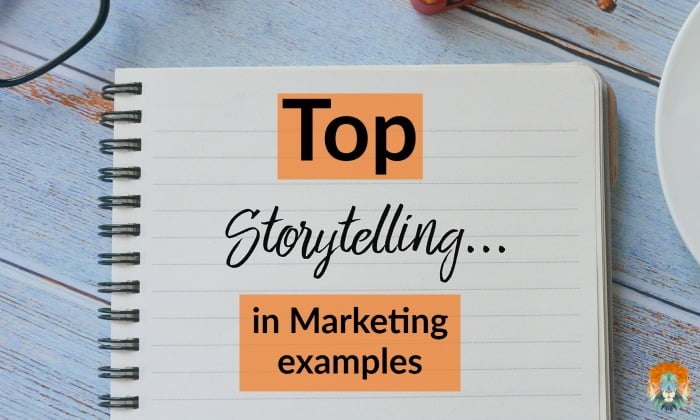
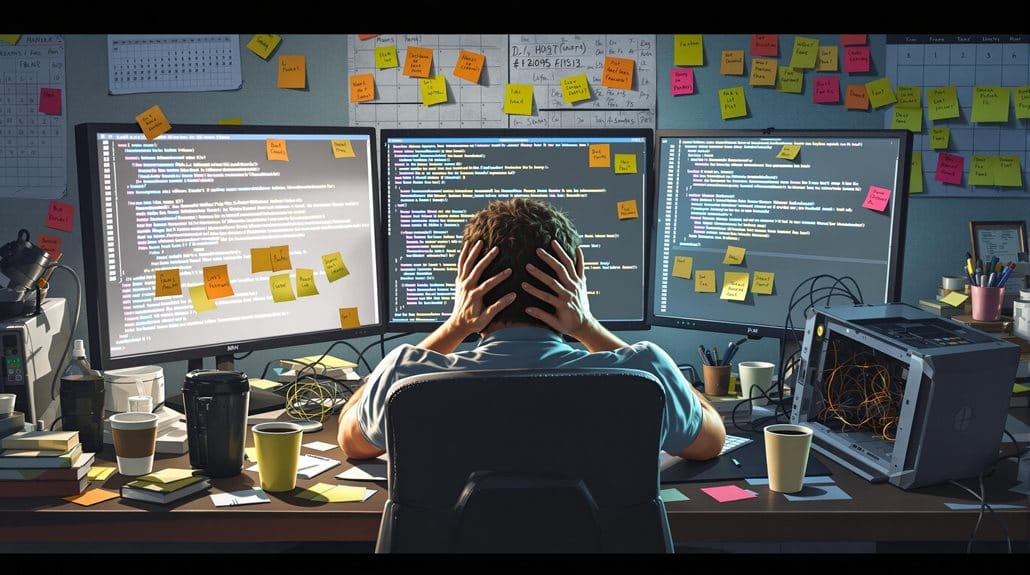
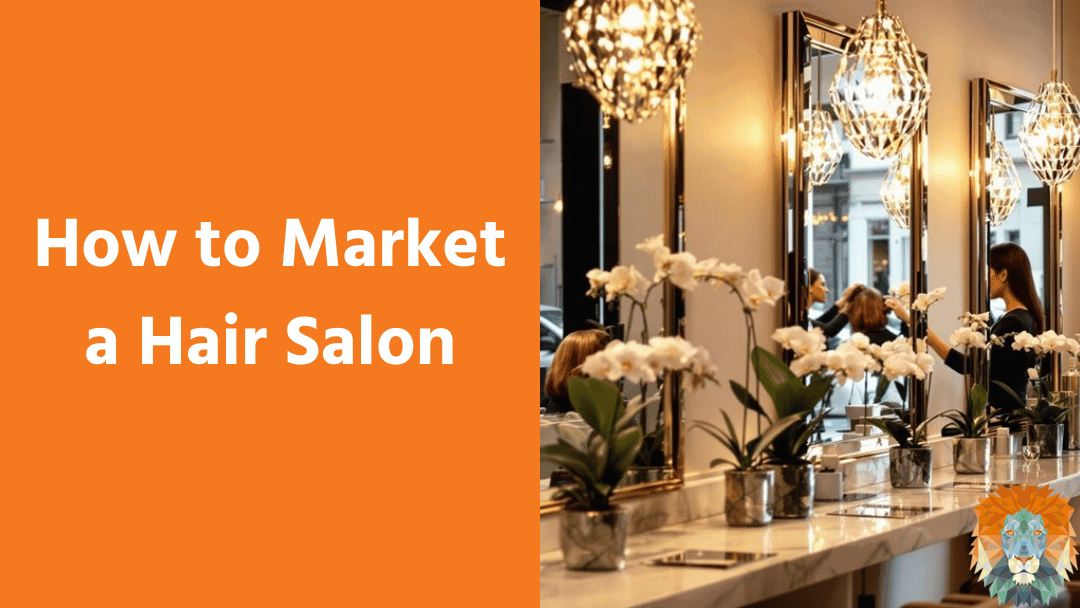
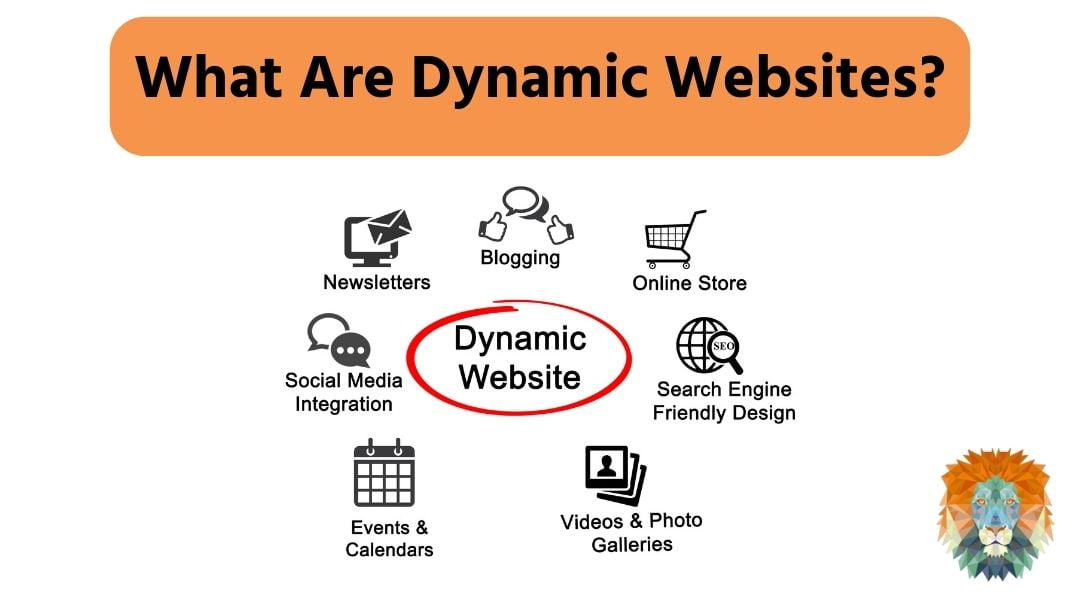
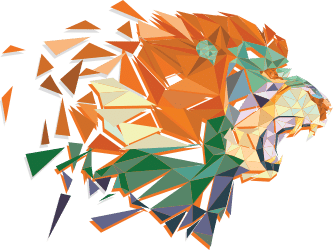
0 Comments